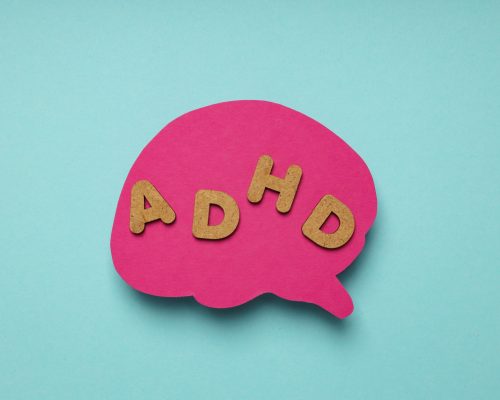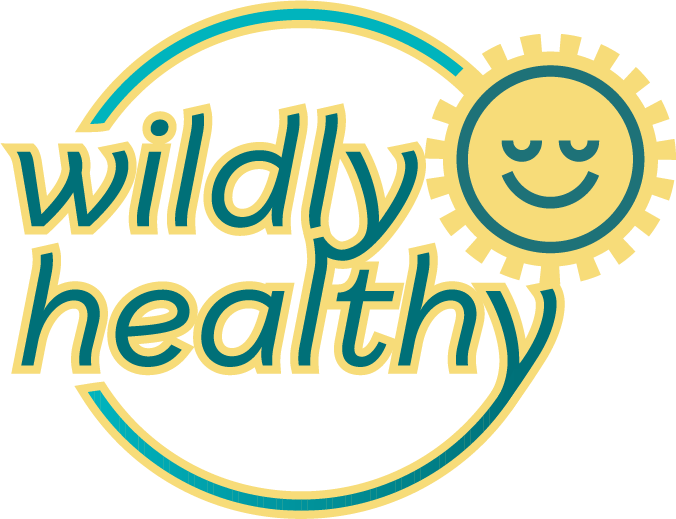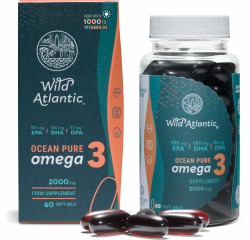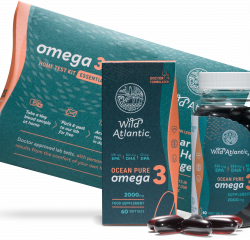Omega-3 fatty acids have garnered attention for their potential health benefits, especially for growing children. As parents, you may wonder if omega-3 supplements are a necessary addition to your child’s diet or if they are even safe. In this article, we will delve into the benefits, potential side effects, and appropriate dosages of omega-3 supplements for kids, drawing insights from existing research.

The Role of Omega-3s
Omega-3 fatty acids are essential nutrients with a wide range of health implications, including crucial roles in brain development, heart health, and immune function. (2) They are considered essential because the body cannot synthesize them on its own, necessitating their intake from dietary sources.
There are three main types of omega-3s: alpha-linolenic acid (ALA), eicosapentaenoic acid (EPA), and docosahexaenoic acid (DHA). ALA is found in plant-based sources like nuts and seeds, but the body converts it into active forms, such as EPA and DHA, in limited quantities. EPA and DHA are primarily found in fatty fish and are also available as supplements (3).
Omega-3 Benefits for Children
Numerous studies suggest that omega-3 supplementation may offer several advantages for children:

Potential for Improved ADHD Symptoms:
Attention deficit hyperactivity disorder (ADHD) can impact a child’s ability to focus and control impulses (5). Some research indicates that omega-3 supplements might help mitigate ADHD symptoms. A review of studies found that omega-3 fatty acids improved attention, memory, and hyperactivity in children with ADHD (6).

Reduced Asthma Symptoms:
Asthma, a chronic respiratory condition, can cause discomfort and breathing difficulties in children (9). Certain studies suggest that omega-3 supplementation could help alleviate asthma symptoms. For instance, a study found that daily fish oil capsules containing DHA and EPA reduced asthma symptoms in children (10).

Enhanced Brain Health and Mood:
Emerging research suggests that omega-3 fatty acids could positively impact brain function and mood in children. Studies have associated omega-3 intake with improved learning, memory, and brain development (18). Additionally, omega-3s may contribute to preventing mood disorders and depression in children (21).
Possible Side Effects
Omega-3 supplements, such as fish oil, typically have mild side effects. Common complaints include an aftertaste, bad breath, headache, heartburn, and digestive discomfort (24). Adhering to recommended dosages and gradually introducing supplements can help minimize these effects. Children with fish or shellfish allergies should avoid fish-based supplements and consider alternatives like flaxseed or algal oil.
Navigating Dosages
Determining the appropriate omega-3 dosage for children depends on factors like age and gender. Recommendations are available for ALA intake, with specific daily intakes ranging from 0.5 grams for infants to higher amounts for adolescents (3).
When it comes to EPA and DHA, studies suggest that a daily dose of 120–1,300 mg of combined EPA and DHA can be beneficial for children (25)(26). However, consulting a healthcare professional before initiating supplementation is crucial to ensure proper dosage and suitability.
In Conclusion
Omega-3 fatty acids play a vital role in supporting your child’s overall health. Their potential benefits, from aiding ADHD symptoms to enhancing brain health, make them an appealing addition to a child’s diet. While obtaining omega-3s from natural sources is advisable, supplements can be considered with appropriate dosing and professional guidance.

Other articles about Omega-3

Why the wisdom of Fish Friday is good for your Omega-3 levels and your health.
We recently celebrated ‘Global Omega-3 Day’. It served as a reminder for us to sear up some salmon, eat those anchovies and take copious amounts

Why Omega-3s are crucial for pregnant moms
A new pregnancy should hopefully be a very happy and joyful time. Expecting a new life is a wonderful experience. However, some young mums may

Who Needs Omega 3 the Most?
Who Needs Omega-3 the Most? Omega-3 fatty acids are essential for maintaining good health. They play a crucial role in brain function, inflammation reduction, and






























